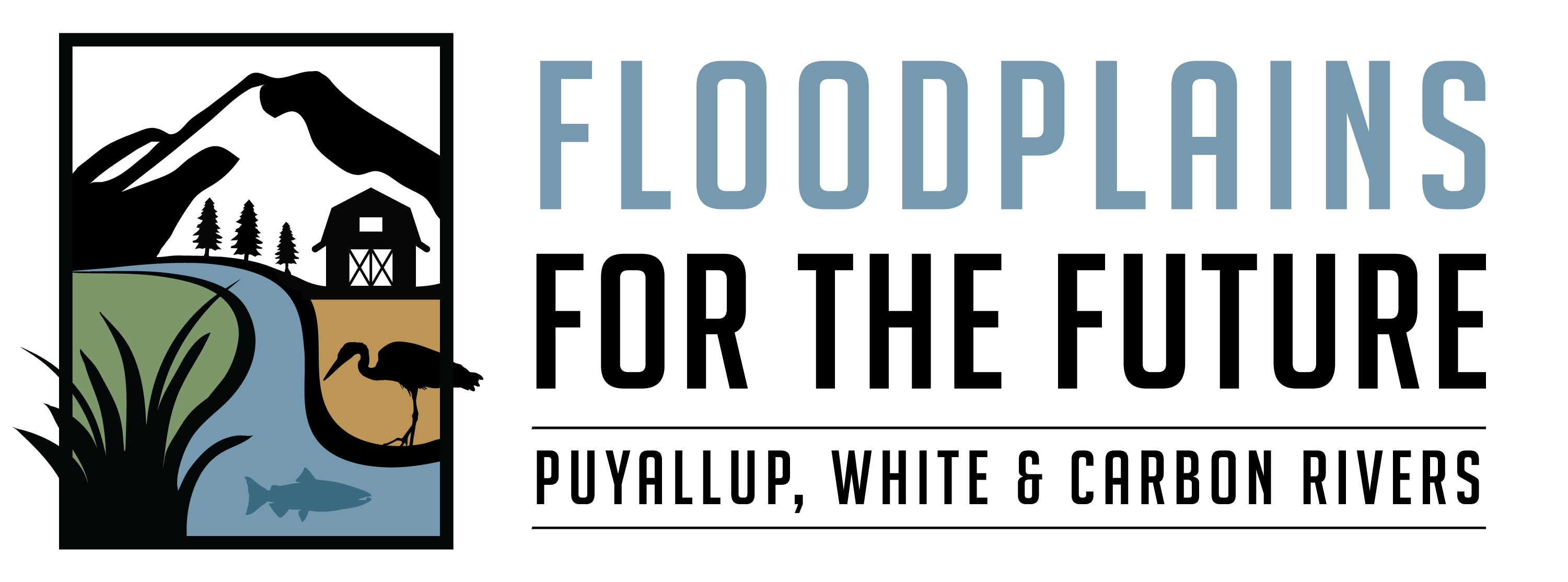Sediment accumulated in the drainage channel
Sediment accumulated in the drainage channel 1 (not at all)
Sediment accumulated in the drainage channel 2
Sediment accumulated in the drainage channel 3
Sediment accumulated in the drainage channel 4
Sediment accumulated in the drainage channel 5 (a significant contribution)
Deferred maintenance
Deferred maintenance 1 (not at all)
Deferred maintenance 2
Deferred maintenance 3
Deferred maintenance 4
Deferred maintenance 5 (a significant contribution)
Invasive vegetation (such as reed canary grass) reducing the flow capacity of the drainage channel
Invasive vegetation (such as reed canary grass) reducing the flow capacity of the drainage channel 1 (not at all)
Invasive vegetation (such as reed canary grass) reducing the flow capacity of the drainage channel 2
Invasive vegetation (such as reed canary grass) reducing the flow capacity of the drainage channel 3
Invasive vegetation (such as reed canary grass) reducing the flow capacity of the drainage channel 4
Invasive vegetation (such as reed canary grass) reducing the flow capacity of the drainage channel 5 (a significant contribution)
Beaver dam backing water up
Beaver dam backing water up 1 (not at all)
Beaver dam backing water up 2
Beaver dam backing water up 3
Beaver dam backing water up 4
Beaver dam backing water up 5 (a significant contribution)
Existing field tiles not functioning properly
Existing field tiles not functioning properly 1 (not at all)
Existing field tiles not functioning properly 2
Existing field tiles not functioning properly 3
Existing field tiles not functioning properly 4
Existing field tiles not functioning properly 5 (a significant contribution)
Clogged or damaged culvert
Clogged or damaged culvert 1 (not at all)
Clogged or damaged culvert 2
Clogged or damaged culvert 3
Clogged or damaged culvert 4
Clogged or damaged culvert 5 (a significant contribution)
Flooding from a major river
Flooding from a major river 1 (not at all)
Flooding from a major river 2
Flooding from a major river 3
Flooding from a major river 4
Flooding from a major river 5 (a significant contribution)
Downstream properties backing water up
Downstream properties backing water up 1 (not at all)
Downstream properties backing water up 2
Downstream properties backing water up 3
Downstream properties backing water up 4
Downstream properties backing water up 5 (a significant contribution)
Runoff from adjacent developed properties
Runoff from adjacent developed properties 1 (not at all)
Runoff from adjacent developed properties 2
Runoff from adjacent developed properties 3
Runoff from adjacent developed properties 4
Runoff from adjacent developed properties 5 (a significant contribution)
The design of the drainage system (i.e. locations of ditches)
The design of the drainage system (i.e. locations of ditches) 1 (not at all)
The design of the drainage system (i.e. locations of ditches) 2
The design of the drainage system (i.e. locations of ditches) 3
The design of the drainage system (i.e. locations of ditches) 4
The design of the drainage system (i.e. locations of ditches) 5 (a significant contribution)
Climate change impacts (such as timing of rain, increased streamflows, earlier spring peak flows, and temperature changes)
Climate change impacts (such as timing of rain, increased streamflows, earlier spring peak flows, and temperature changes) 1 (not at all)
Climate change impacts (such as timing of rain, increased streamflows, earlier spring peak flows, and temperature changes) 2
Climate change impacts (such as timing of rain, increased streamflows, earlier spring peak flows, and temperature changes) 3
Climate change impacts (such as timing of rain, increased streamflows, earlier spring peak flows, and temperature changes) 4
Climate change impacts (such as timing of rain, increased streamflows, earlier spring peak flows, and temperature changes) 5 (a significant contribution)
Roadside ditch maintenance
Roadside ditch maintenance 1 (not at all)
Roadside ditch maintenance 2
Roadside ditch maintenance 3
Roadside ditch maintenance 4
Roadside ditch maintenance 5 (a significant contribution)
Regulatory constraints on management
Regulatory constraints on management 1 (not at all)
Regulatory constraints on management 2
Regulatory constraints on management 3
Regulatory constraints on management 4
Regulatory constraints on management 5 (a significant contribution)

